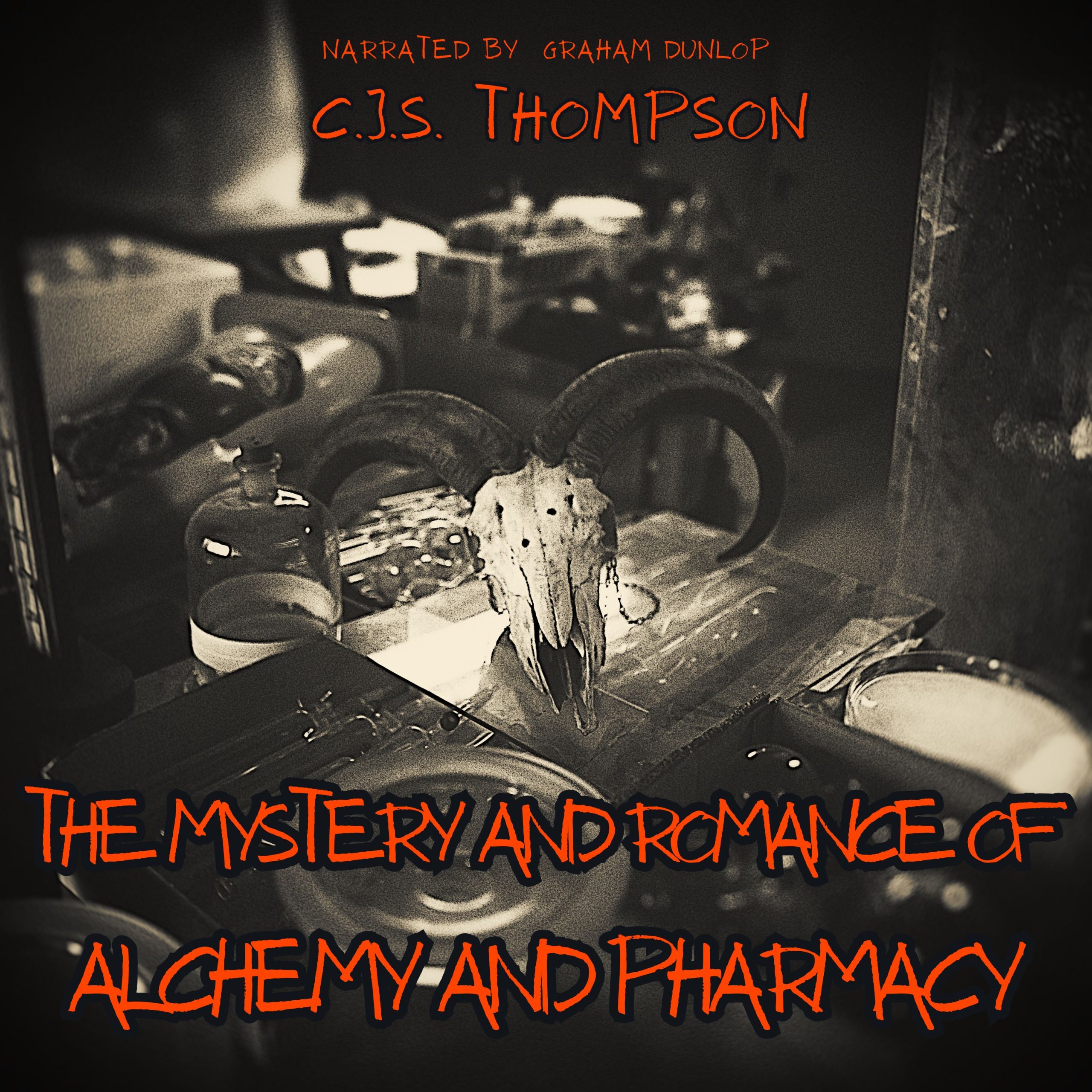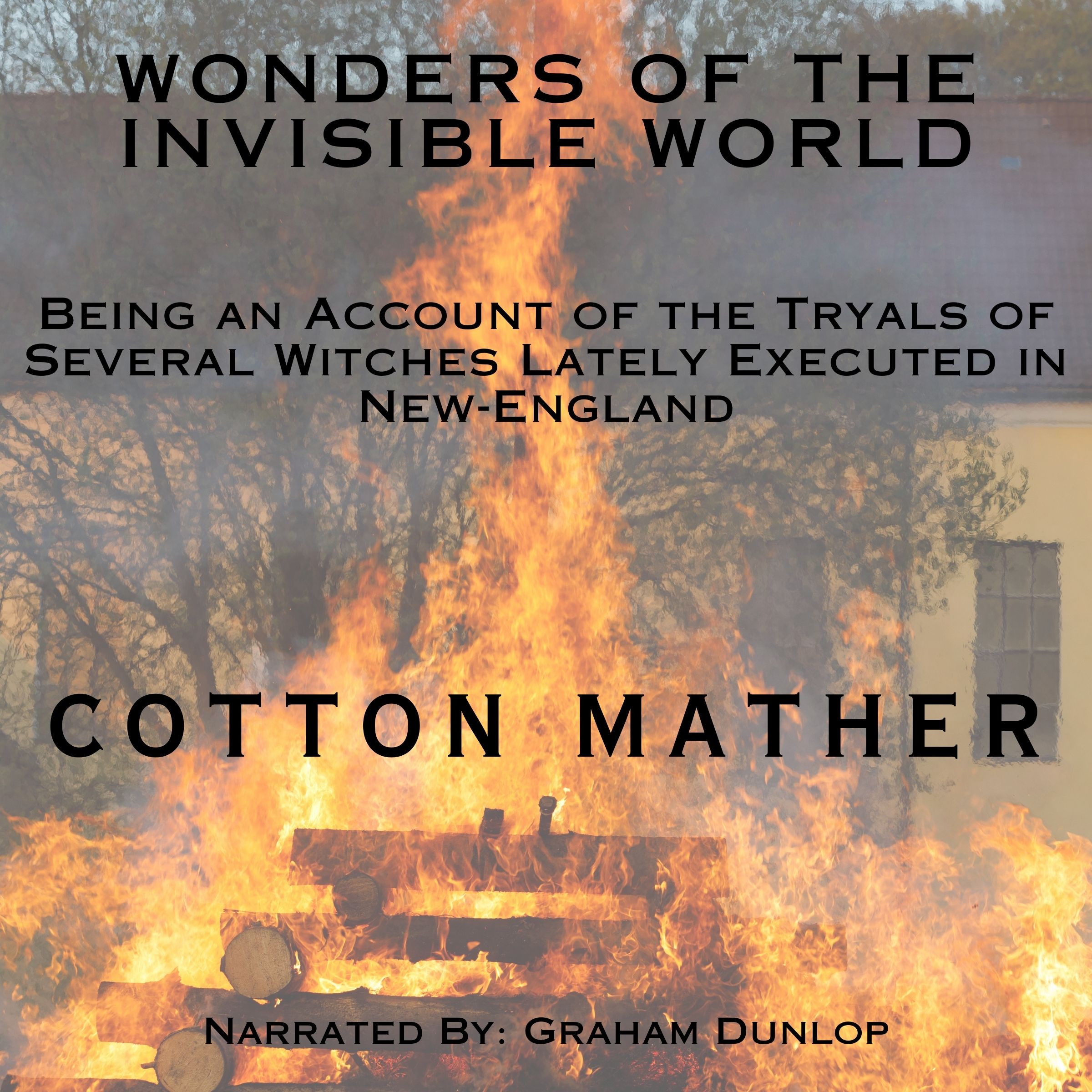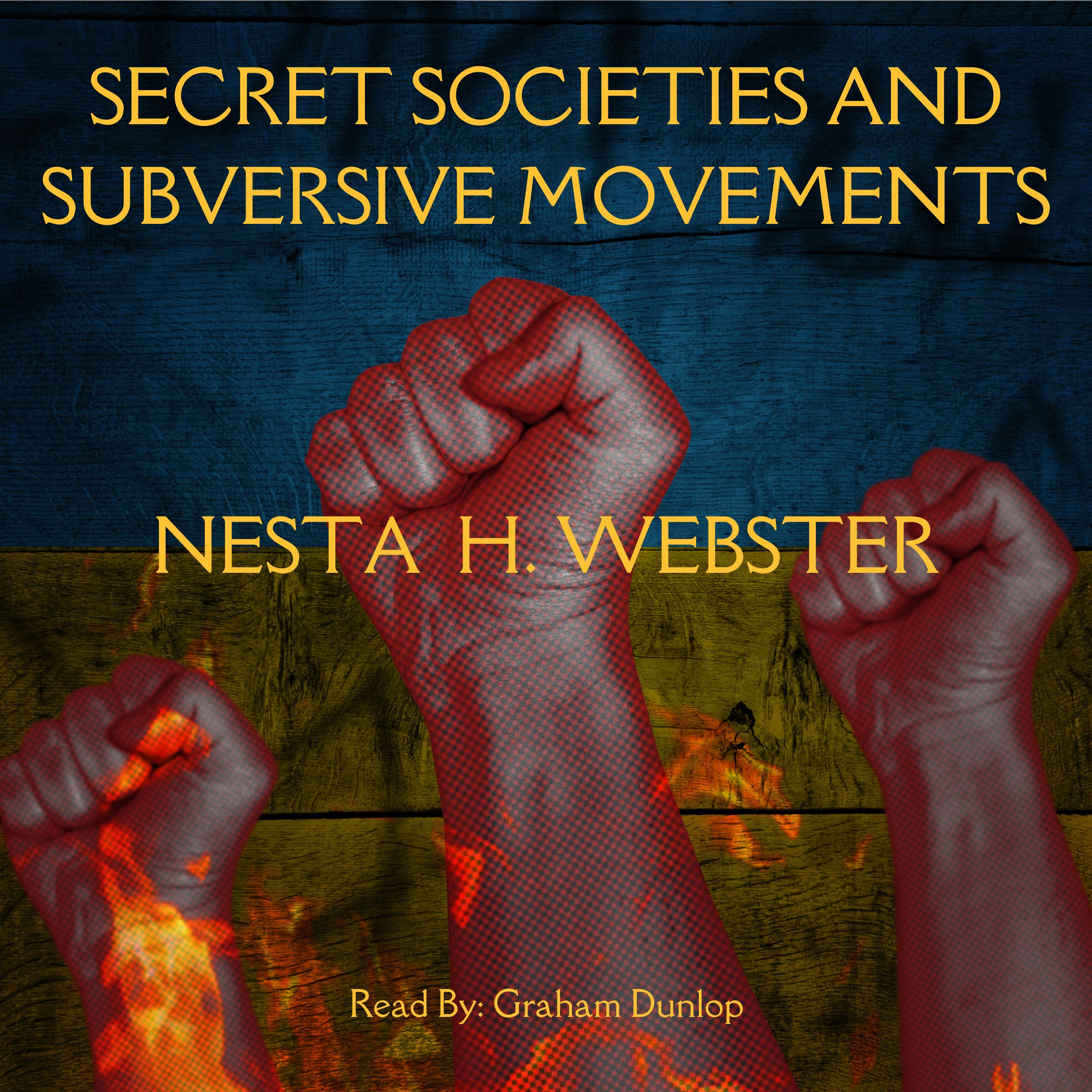Dr. v. Oefele states of pharmacy before the time of Hippocrates, that although the practice of medicine was not separated from pharmacy among the Greeks and Romans, there was such a separation among the ancient Egyptians, from whom the distinction was handed down to the Copts, and by them to the Arabians; and, in fact, that the term pharmacist is probably of Egyptian origin, being derived from Ph-ar-maki, which signifies the preparation of medicine from drugs. The Egyptian pharmaki who were engaged in that occupation belonged to the higher social ranks of writers or academically-educated persons, comprising also the priests, physicians, statesmen, and military commanders. The Jews were indebted to Egypt for their primary ideas of medicine, but they cast away the ideas of demonology and magic which clouded what was good in the practice of Egypt. The Talmud recommends onions for worms, and wine, pepper, and asafœtida for flatulency. The Talmudists are responsible for calling the earth, air, fire, and water elementary bodies. In the middle ages the Jews rendered service to the healing art, and had a large share in the scientific work connected with the Arab domination of Spain. In China the use of drugs goes back to a very remote age, and alchemy was practised by the Chinese long previous to its being known in Europe. For two centuries prior to the Christian era, and for four or more subsequent, the transmutation of the base metals into gold, and the composition of the elixir of immortality, were questions ardently studied by the Chinese.
PART I
00:00 CHAPTER I. The Dawn of the Art of Healing.
20:14 CHAPTER II. The Wizards of Early Greece.
34:27 CHAPTER III. The Wizards of the Roman Empire.
42:40 CHAPTER IV. The Fathers of Medicine.
55:54 CHAPTER V. The Early Age of Greek and Roman Pharmacy.
1:06:20 CHAPTER VI. Alchemy—The Alchemists.
1:24:06 CHAPTER VII. The Philosopher’s Stone.
1:33:54 CHAPTER VIII. The Black Art and Occult Sciences.
1:42:38 CHAPTER IX. The Art of Foretelling.
1:47:21 CHAPTER X. Black Magic.
1:56:01 CHAPTER XI. Superstition and its Influence on Medicine.
2:06:02 CHAPTER XII. Love Philtres.
2:11:01 CHAPTER XIII. The Pioneers of Pharmacy and Botany—Physic Gardens.
2:33:56 CHAPTER XIV. Amulets, Talismans and Charms.
3:01:12 CHAPTER XV. Monk Physicians—Itinerant Doctors—Surgery in the Middle Ages.
3:11:46 CHAPTER XVI. Plant Lore—Drug Charms—Folk Medicine.
3:36:56 CHAPTER XVII. Mummies and their use in Medicine—The Unicorn
3:49:58 CHAPTER XVIII. Origin of the Society of Apothecaries—Apothecaries and their Practice—Apothecaries and their Bills —Curious Remedies—A Drug Price List of 1685
4:41:20 CHAPTER XIX. Pharmacy in the Time of Queen Elizabeth.
4:51:05 CHAPTER XX. Famous Empirics and their Nostrums.
5:02:52 CHAPTER XXI. The Antiquity and History of the Mortar.
PART II. Alchemy and Pharmacy in Literature.
5:12:49 CHAPTER I. Chaucer 239-252
5:32:48 CHAPTER II. Shakespeare 253-277
6:04:34 CHAPTER III. Spenser 278-282
6:09:51 CHAPTER IV. Goethe 283-291
6:21:46 CHAPTER V. Le Sage 292-299
6:31:25 CHAPTER VI. Ben Jonson 300-302
6:35:25 CHAPTER VII. Sir Walter Scott 303-305
6:38:56 CHAPTER VIII. Dumas 306-311
6:46:14 CHAPTER IX. Reade 312-321
6:58:27 CHAPTER X. Dickens, Thackeray 322-328
7:06:03 CHAPTER XI. Marryat
Podcast (audiobooks): Play in new window | Download
Adultbrain Premium: (Protected Content)





